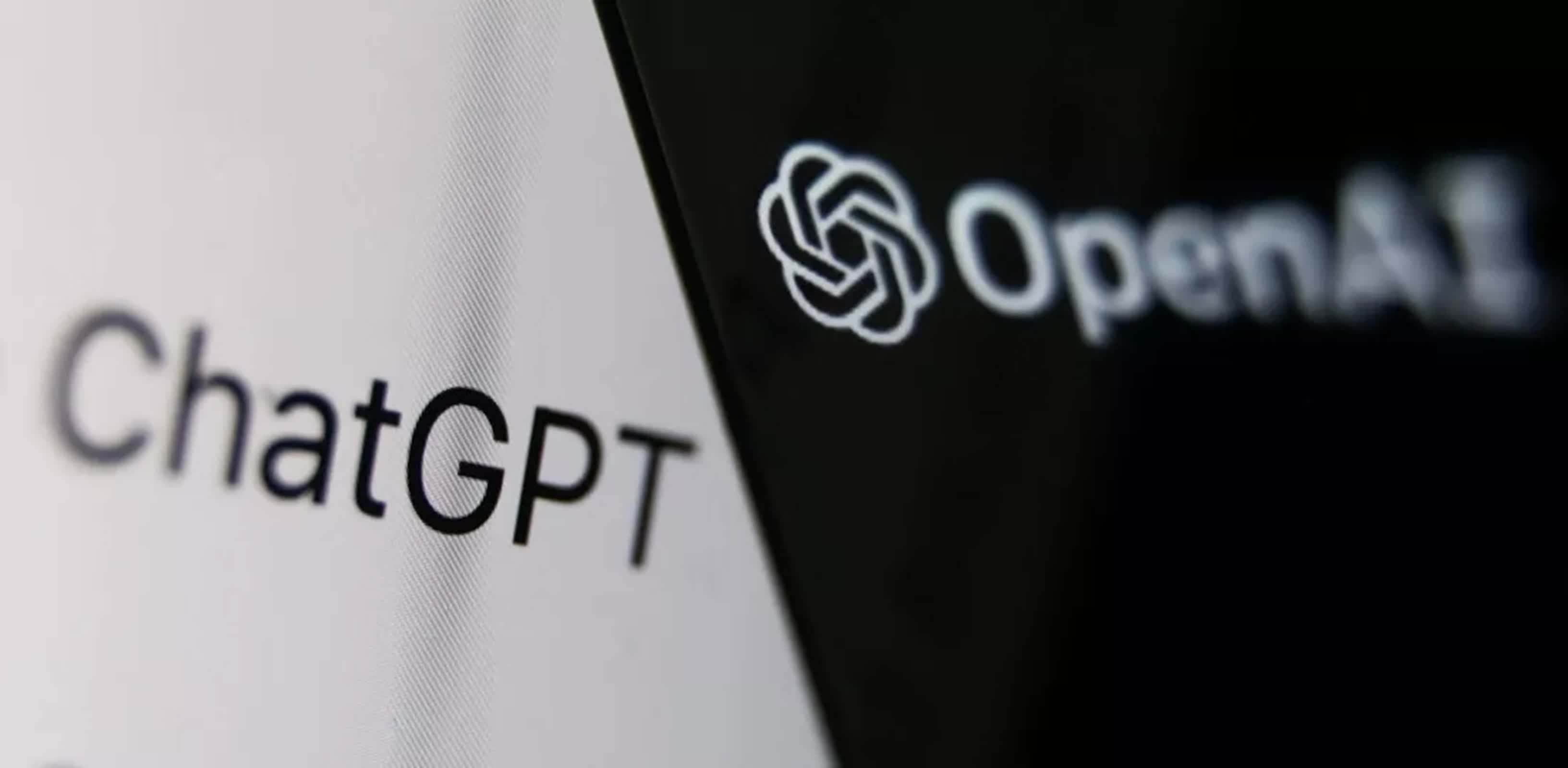Serving tech enthusiasts for over 25 years.
TechSpot means tech analysis and advice you can trust.
Facepalm: Bob Swan made the fateful decision not to invest in OpenAI when he had the chance. He served as Intel's CEO from 2018 to 2021, transitioning from his previous role as CFO, where his focus was more on financial management than on technology. During his tenure as CEO, he faced criticism for not having a strong technical background. This lack of tech insight is seen as a contributing factor to Intel's missed opportunities in the AI sector, which may wind up being his ultimate legacy.
In 2017 and 2018, Intel had a game-changing opportunity to acquire a 15% stake in OpenAI for $1 billion, with an option to double that stake if it supplied hardware at cost. This potential investment, which was recently revealed by Reuters in an account based on interviews with insiders, could have positioned Intel as a leader in the rapidly expanding AI market.
But then-CEO Bob Swan decided against it. OpenAI's subsequent success, particularly with the launch of ChatGPT in 2022, underscores the magnitude of the missed opportunity, as the company is now valued at approximately $80 billion.
At the time of the discussions, OpenAI was a fledgling nonprofit focused on generative AI, a field not yet widely recognized for its commercial potential. Intel's decision was influenced by Swan's skepticism about the near-term market viability of generative AI models.
Intel's data center unit was also unwilling to produce products at cost, which was a condition for acquiring an additional stake in OpenAI. This financial consideration was a significant factor in Intel's decision to pass on the investment opportunity.

Intel's decision not to invest in OpenAI was clearly a strategic misstep, contributing to its challenges in the AI market. By declining the investment, Intel lost the chance to reduce OpenAI's reliance on Nvidia's chips, which could have provided a competitive edge in AI hardware and training. Nvidia has since become a dominant force in the field, leveraging its GPU technology to capture a substantial market share and leaving Intel behind.
In part because of its diminished position in the AI market, Intel's stock recently experienced a historic decline, losing over a quarter of its value in one day, and its market valuation fell below $100 billion for the first time in decades. Meanwhile, Intel is developing new AI chips, such as the Gaudi 3, to regain competitiveness.
As Intel navigates this challenging landscape, it is forging a distinct path from Nvidia in its quest to establish a foothold in the AI market. Intel focuses on cost efficiency, open-source flexibility, and strategic partnerships, while Nvidia leverages its GPU expertise, integrated software ecosystem, and market leadership.
Intel is also working to expand its semiconductor manufacturing capabilities in the US and is being aggressive with pricing to attract customers seeking cost-effective chip manufacturing solutions.
However, Intel's CPU-centric approach may not suffice, as GPUs are inherently better suited for AI applications. While CPUs can handle certain AI tasks, GPUs excel in performing the parallel computations necessary for training and executing AI models. This technological edge has solidified Nvidia's position as a leader in the AI industry, at least for now.